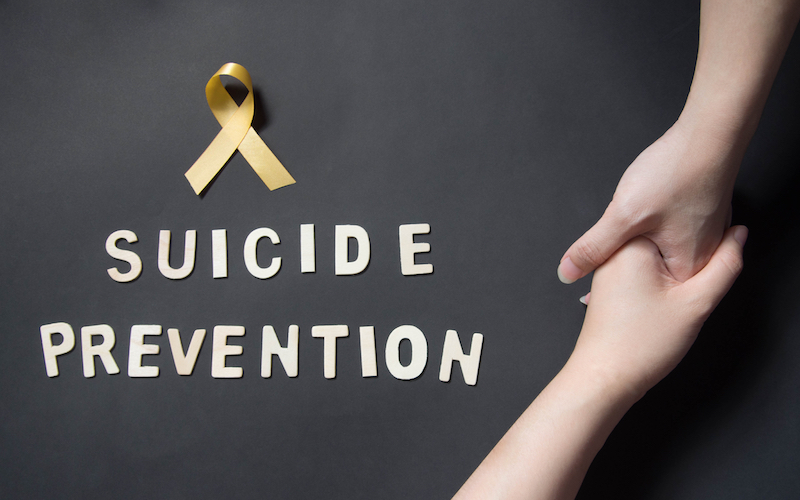Articles by Ashwini Lal, PsyD
Dr. Lal obtained his undergraduate degree in Psychology and Social Behavior from the University of California, Irvine and a Psy.D. from the Illinois School of Professional Psychology, Chicago. He has trained and worked in different hospitals (County, State, Veterans affairs) and in the university health setting. He has contributed to research literature in the area of social media, has written online articles addressing issues of loss, disappointment, and health behavior change, and has been involved in radio shows with a local physician addressing the etiology and impact of mental health issues on the individual. He currently works in the health center at the California Institute of Technology and prior to this was working at Stanford University. He is passionate about working with those struggling with mood and anxiety disorders, grief/loss, adjustment to various life events/transitions, and sexual and other identity development. He uses an integrative approach to psychotherapy that involves increasing an individual’s awareness into factors contributing to their current struggles and working collaboratively with individuals to increase his/her/their ability to manage current symptoms. He believes this approach reduces immediate symptoms, allowing for a greater focus on gaining in-depth understanding of their struggles, which leads to long-term improvement and increased life satisfaction.

by Ashwini Lal, PsyD | Sep 10, 2020 | Clinical Corner
Suicide is a significant public health concern. Approximately 44,965 Americans die by suicide each year [1]. This equates to approximately 123 suicides per day. Recent reports have indicated a 30% increase in suicide rates from 1999 to 2016 (10.5 per 100,000 to 13.4 per 100,000) [2]. Additionally, we know that suicide does not only affect those with a diagnosed mental health condition. The CDC data notes that approximately half of those who died by suicide between 1999 and 2016 did not have a known mental health condition [2]. Though a mental health condition can be a risk factor for suicide, other factors that can contribute to suicide include stress related to relationships, finances, jobs, housing, substance use, or physical health. The ubiquity of suicide and the increase in suicide rates over the last 17 years support the importance of community suicide education and consistent suicide assessment, intervention, and treatment among clinicians interacting with individuals at increased suicide risk.

